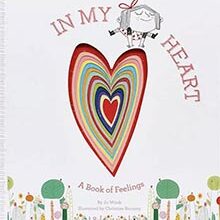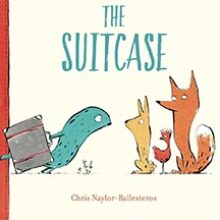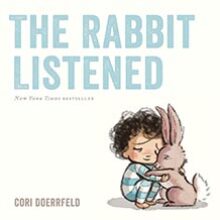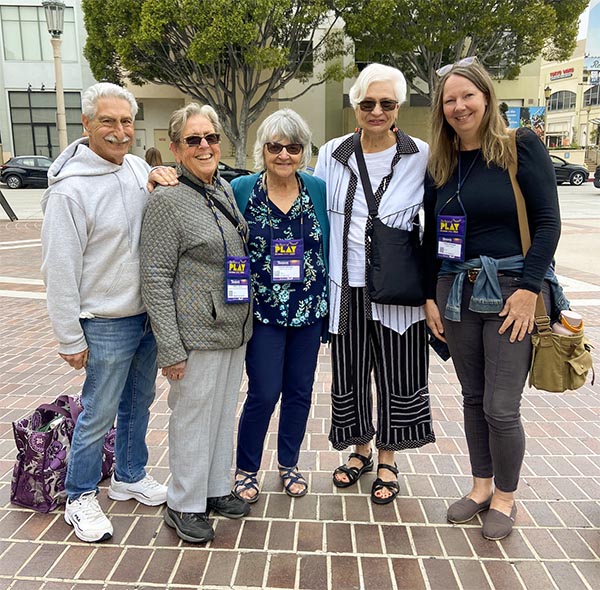
Workshop by Educators for Peaceful Classrooms and Communities (EPCC) — Center for Social Change
Presenters: Veronica Hernandez, Joyce Daniels, and Laura Hyatt
CAAEYC Conference Pasadena, April 2024
This year, EPCC presented several times at the CAAEYC conference in Pasadena. I am sharing the information gained from one of their workshops, regarding shifting the power from hurting power to helping power. When we as early childhood educators reflect on the word “power,” what can this look like in school settings? Often, children are exposed to hurting power in the form of teachers using threatening language: “Do you need me to talk to your family?” (threat), or “Now you can stay in for recess” (punishment). When teachers communicate to children in a negative way, this can result in children becoming less confident, withdrawn, embarrassed, unable to control emotions, negative behavior, and a lack of trust in adults.
Instead, we want to shift our focus to helping power. We can do this by building a positive classroom community and giving children the tools & opportunities that support their confidence and self-esteem. Here are some ideas:
- Give power in the language children can use and teach them to listen with their heart
- Involve students in creating your classroom environment: add objects of familiarity, for example family pictures
- Support classroom democracy by creating agreements with your students
- Create a collaborative classroom community: have children engage in small group/project work or student led activities
- Teach self-advocacy and empowerment
Besides shifting power with children, we also want to empower our families. Some examples for providing support to families:
- Provide clear information about school policies
- Provide conferences during the day as well as at night
- Have translation help available when necessary
- Provide events: educational as well as social events
- Recognize the participation families provide
- Provide items that can go back and forth, home to school: photo album, lending library, classroom pets, social stories
- Start a family group (a.k.a. parent board)
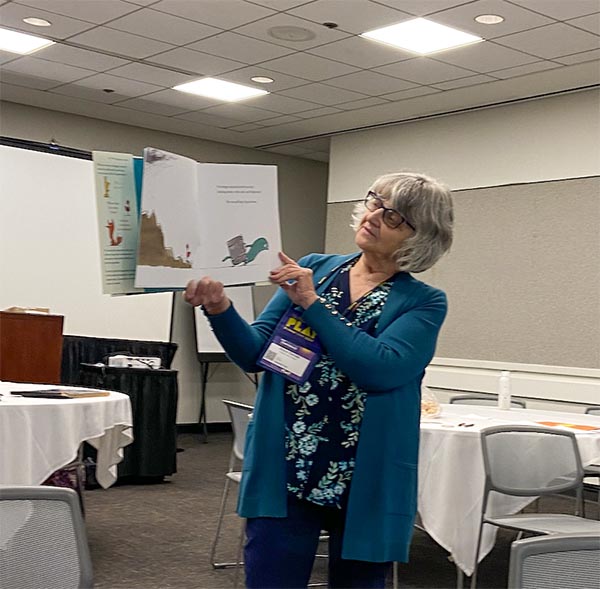
at the Center for Social Change discussion about Equity, Diversity and Inclusion
The presenters shared some great resources opens in a new tab with the audience, created by EPCC. Here are examples of books to read in your classroom:
- I Like Myself by Karen Beaumont
- The Rabbit Listened opens in a new tab by Cori Doerrfeld
- In My Heart, A Book of Feelings opens in a new tab by Jo Witek
- The Suitcase opens in a new tab by Chris Naylor-Ballesteros

